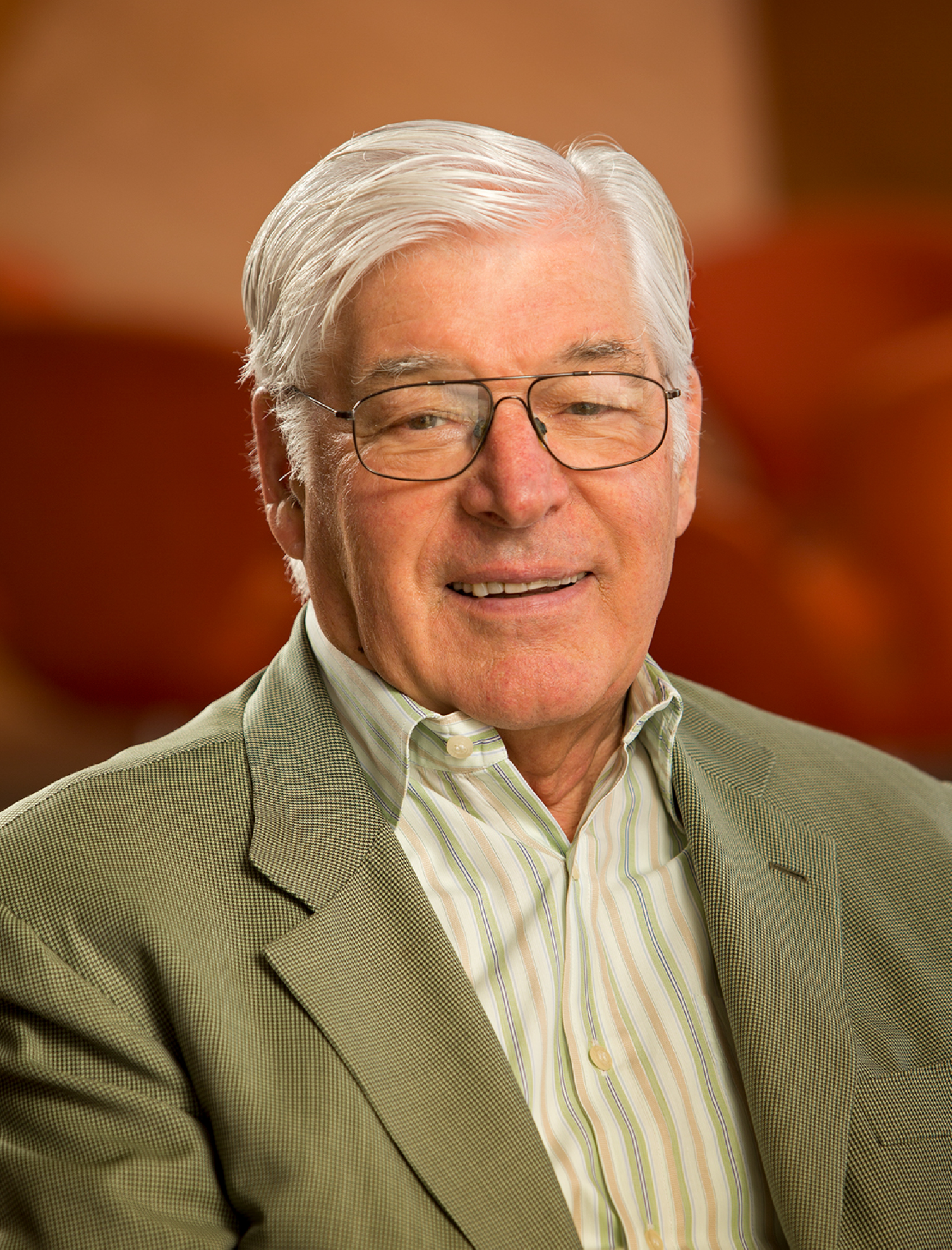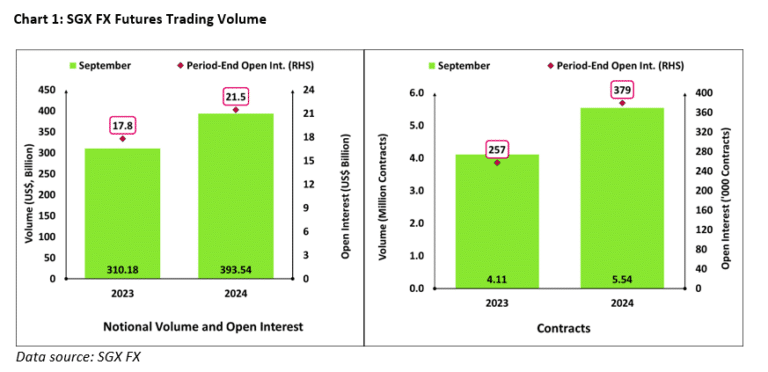Bank of America’s patent portfolio has seen a 94% increase in artificial intelligence (AI) and machine learning (ML) granted patents and pending patent applications since 2022.

“Our approach to AI includes human oversight, transparency, and accountability for all outcomes. Our investments in it and other technologies also help drive operational efficiencies and responsible growth,” Aditya Bhasin, Bank of America’s Chief Technology & Information Officer, told Traders Magazine.
Bank of America spends over $12 billion annually on technology, of which approximately $4 billion will be directed to new technology initiatives in 2024.
These ongoing investments continue to enhance client experiences and to drive operational efficiencies.
“We innovate to meet and anticipate our clients’ needs. As our pace of innovation accelerates, we’re continually listening to clients and building solutions to improve and simplify their experiences,” Bhasin said.
“Such has been the case with our approach to AI, machine learning, and related technology for many years – the use of which centers on the benefits to our clients and employees,” he added.
In addition to artificial intelligence and machine learning, other technology categories in which new patents have been granted to Bank of America this year include information security, online and mobile banking, payments, data analytics, and augmented and virtual reality.

Overall, the bank holds nearly 7,000 granted patents and pending patent applications, and the most granted patents of any financial services company.
According to BofA, this is thanks to the creativity of its more than 7,500 talented inventors based in 14 countries and 42 U.S. states, and a culture that empowers teammates to explore and develop innovative solutions for individuals and businesses around the world.
AI and ML enable banks to analyze large volumes of data, offering insights that drive efficiency and innovation.
For example, in Global Markets – Bank of America’s internal facing chatbot leverages natural language processing and machine learning to answer queries that arise during the trading day – continually improving the accuracy of responses based on previously answered questions.
Deployed to over 20 areas of Global Markets, the chatbot connects the company’s proprietary systems and databases to deliver intuitive responses to trading-related questions such as real-time market depth, trending indicators, historical trading volumes, current exposures, and unmatched or cancelled trades. This enables traders to respond to client inquiries with greater consistency and speed, and with higher quality data.
Another example include Erica, an AI-driven virtual financial assistant. More than 45 million clients have used Erica and this has led to 2.4 billion interactions with Erica since its launch in 2018. Over the last six years, Erica’s capabilities have expanded to support individual and corporate clients, including within Merrill, Benefits OnLine, and the company’s award-winning CashPro platform.
In addition, launched in 2020, Client Insights uses AI-enabled data analytics to help Merrill Wealth Management and Bank of America Private Bank advisors identify, manage and act on changes in client circumstances. This leads to opportunities to best serve clients’ tax harvesting, retirement planning, and student banking needs, and more. Over 30 million insights have been delivered to advisors since launch, helping them and their teams proactively connect with clients about these timely and relevant opportunities.

















